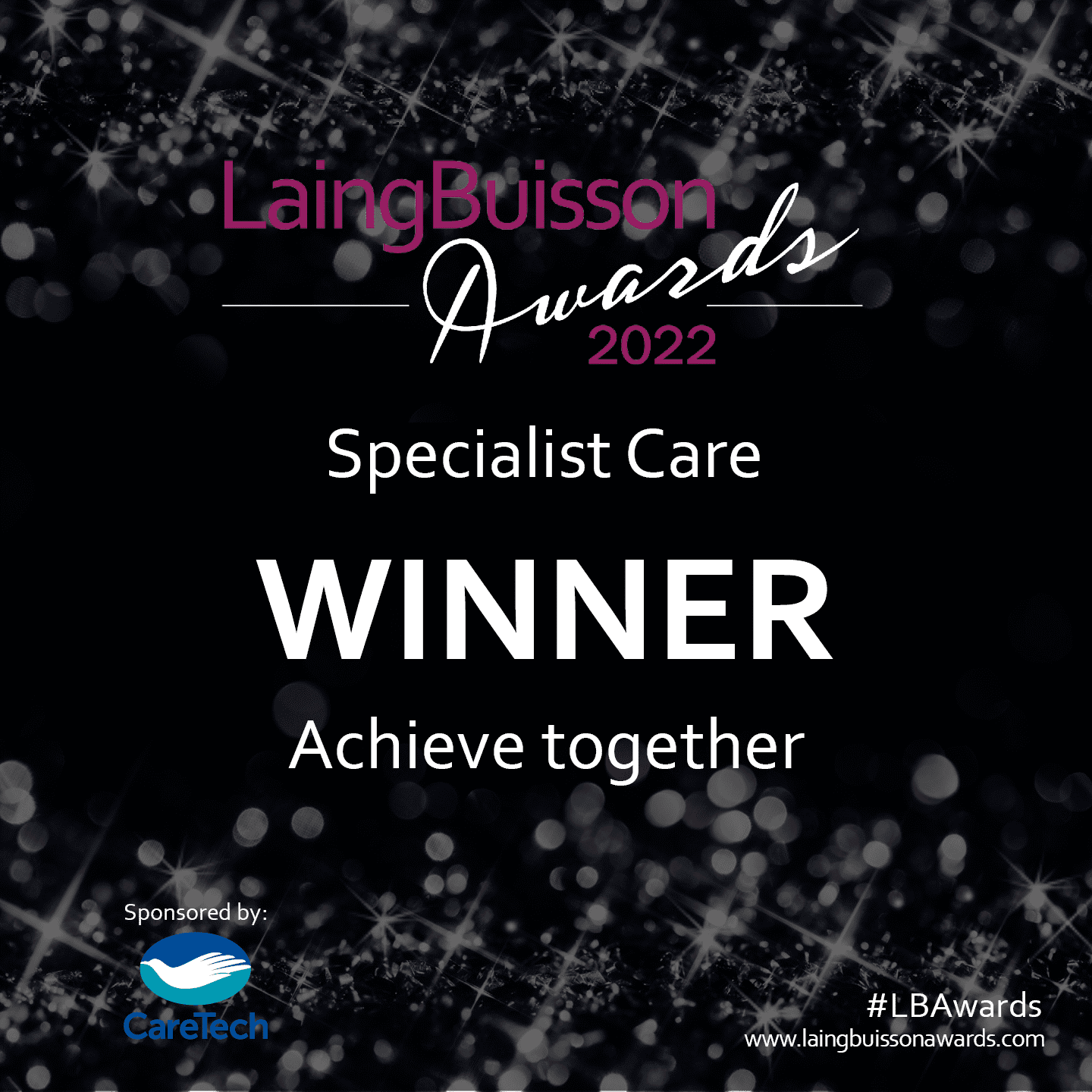Recently, Mary Woodall, co-chair of Unity, was part of an All-Parliamentary Group hosting a My Vote My Voice event at the Houses of Parliament. MPs and organisations spoke about the campaign, encouraging MPs to sign up as champions.
My Vote My Voice is a campaign by United Response, Dimensions, Mencap, and Ambitious about Autism. My Vote My Voice has launched the #MyVoteMatters online petition campaign. It calls on public representatives across Government and Opposition to make politics accessible for autistic people and people with learning disabilities.
Mary spoke at the event on how it’s important that people with learning disability and autism vote and have a voice at the next election. She also had the great honour of handing the petition to No10 Downing Street, with a few members of the group.
The stark statistics
Around 1.5 million people in the United Kingdom have a learning disability, and there are over 700,000 autistic people. But research by United Response in 2021 found that less than two-thirds of the general public know that they have an equal right to vote.
Although the UK has one of the highest election turnouts in the world, far too many people who want to vote can’t because our voting process simply does not meet their accessibility needs. This is reflected in our political system, where disabled people remain underrepresented, struggle to directly engage in politics, and run for elected office. Just over 16% of elected representatives in local government have declared themselves as disabled. At Westminster, there are even fewer, where just five MPs out of 650 (less than 1%) are currently open about their disabilities.
This needs to change.
The #MyVoteMatters petition wants action on the democratic deficit facing our electoral and political systems.
The petition calls on:
- Government – to protect disabled people’s rights and entitlements to voting assistance.
- Parliament – to create more accessible pathways for disabled candidates to stand for national office.
- Politicians – to pledge to ensure their communication is accessible and understandable for all constituents, regardless of their needs.

